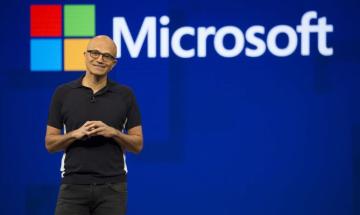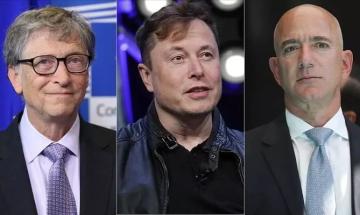Home / Technology
Inside Meta’s decade of Controversy: Scandals that shook Mark Zuckerberg’s empire
In 2014, Facebook admitted to conducting controversial psychological study in 2012 involving nearly 70,000 unconsenting users

Inside Meta’s decade of controversy: Scandals that shook Mark Zuckerberg’s empire
Over the last decade, Mark Zuckerberg’s Meta (formerly Facebook) has transformed from a college networking site into one of the most powerful yet controversial tech companies in the world.
With billions of users worldwide across Facebook, Instagram, WhatsApp, and Messenger, Meta’s platforms have reshaped communication, advertising, and politics on a global scale.
However, this meteoric rise has been shadowed by a series of scandals that raised serious concerns over user privacy, misinformation, political manipulation, and even human rights abuses.
Here’s a closer look at eight of the biggest scandals that have defined Zuckerberg’s empire over the past decade.
Hacking Zuckerberg’s Facebook wall (2013)
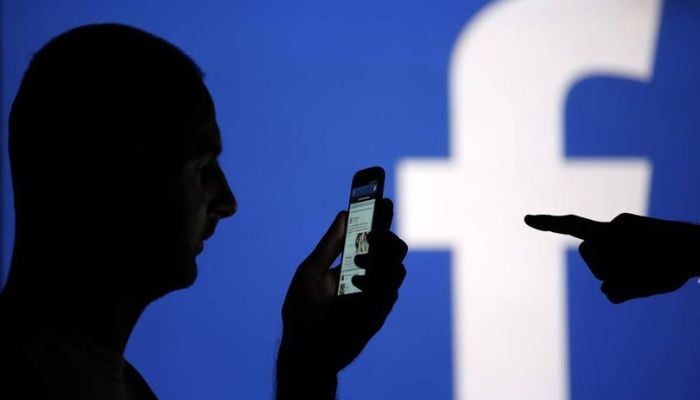
In 2013, a Palestinian whitehat hacker named Khalil Shreateh discovered a serious bug that allowed anyone to post on another user’s wall.
When Facebook’s security team failed to respond to his bug report, Shreateh decided to prove his point by posting directly on Zuckerberg’s own wall.
The post went viral, embarrassing the company and exposing its slow security response.
Secret psychological experiment (2014)
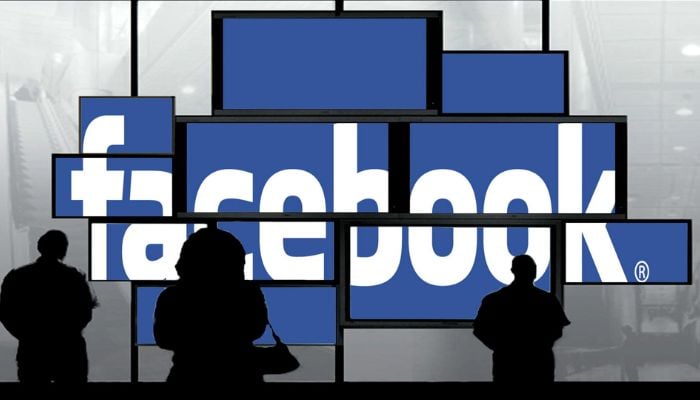
In 2014, Facebook admitted to conducting a controversial psychological study in 2012 involving nearly 70,000 unconsenting users.
Researchers manipulated news feed content to see if emotional states could be influenced online. The experiment sparked outrage, with critics accusing Facebook of treating its users like lab rats.
Misinformation during the 2016 US election
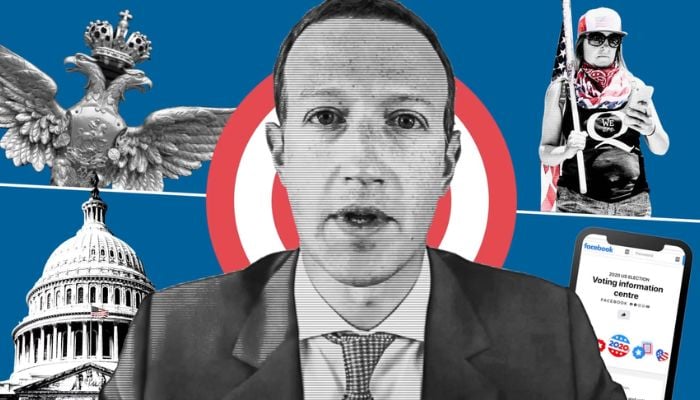
Facebook faced a storm of criticism after it emerged that false news stories outperformed real news during the 2016 US presidential election.
A report revealed how viral misinformation spread unchecked on the platform, influencing public opinion.
Initially, Zuckerberg downplayed the issue, calling the idea that fake news swayed the election “crazy,” but he later pledged reforms.
The Cambridge Analytica data scandal (2018)
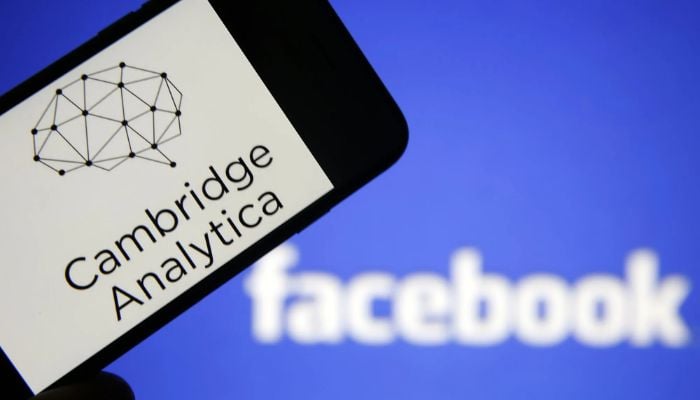
In 2018, The Guardian and The New York Times revealed that political consulting firm Cambridge Analytica had improperly harvested data from tens of millions of Facebook users without their consent.
The data was allegedly used to influence voter behaviour in the 2016 US election and the Brexit referendum.
Accusations of fueling genocide in Myanmar (2018)
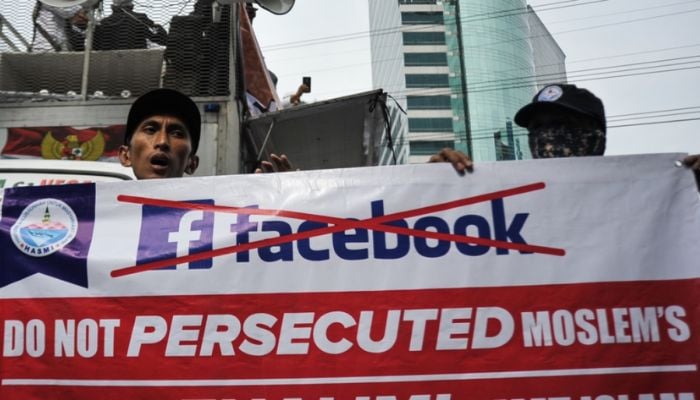
Moreover, in 2018, Facebook faced damning accusations from the United Nations (UN) of enabling ethnic violence in Myanmar.
Reports showed that the country’s military officials used Facebook to spread propaganda and incite hatred against the Rohingya Muslim minority, contributing to what the UN called a “textbook example of ethnic cleansing.”
Record-breaking FTC fine over privacy violations (2019)
In 2019, the US Federal Trade Commission hit Facebook with a staggering $5 billion fine, the largest ever imposed on a tech company, for violating user privacy.
The settlement came after investigations revealed that Facebook repeatedly misled users about how their data was being collected and shared.
Refusing to fact-check political ads (2020)
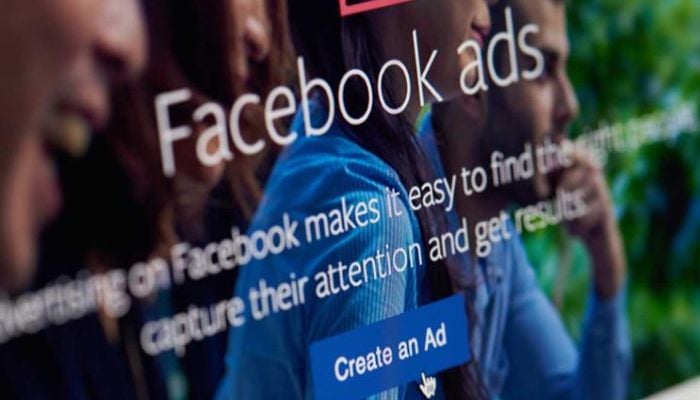
Ahead of the 2020 US presidential election, Facebook announced it would not fact-check political advertisements on its platforms.
The policy effectively allowed politicians to run ads containing false or misleading information. The move was widely criticised by fact-checkers, watchdog groups, and lawmakers.
Facebook papers leak (2021)
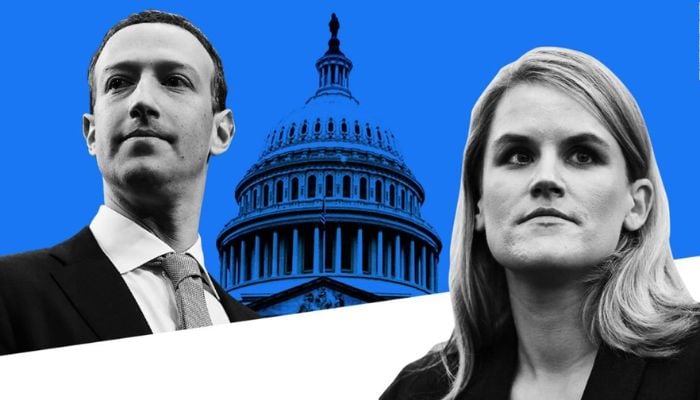
In 2021, former Facebook employee Frances Haugen leaked thousands of internal documents to The Wall Street Journal, now known as the “Facebook Papers.”
The files revealed that Meta was aware of the harm its platforms caused, ranging from worsening teenage mental health to amplifying extremist content, but repeatedly prioritised growth and profits over safety.



